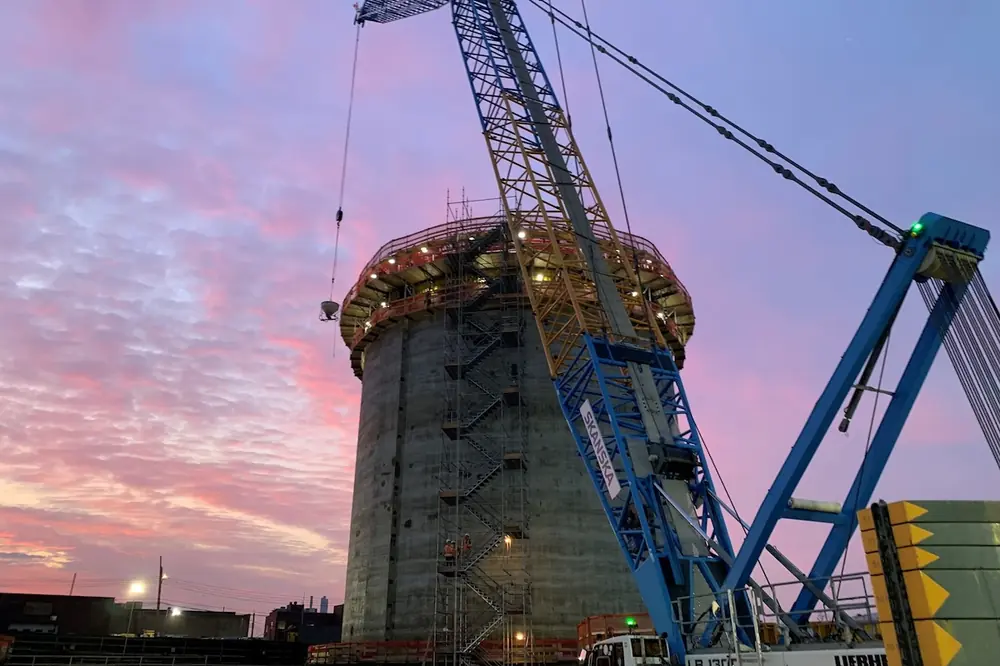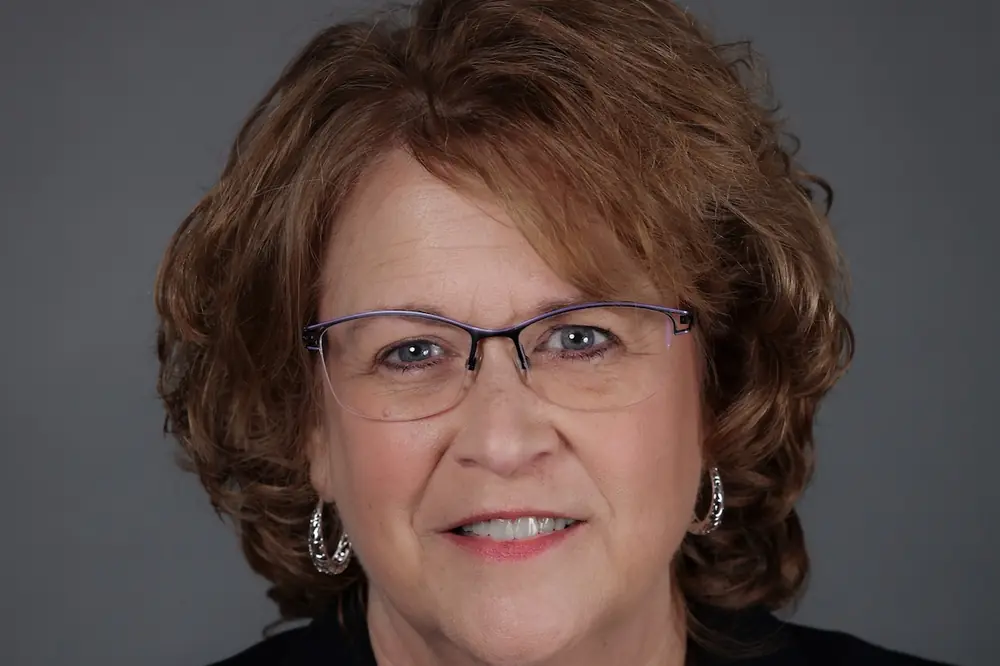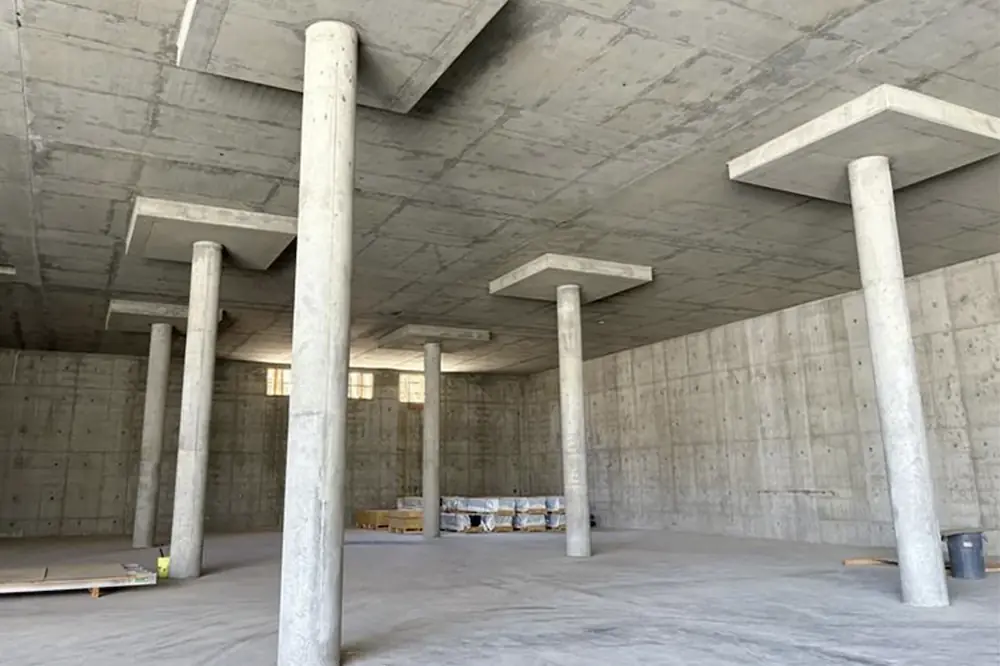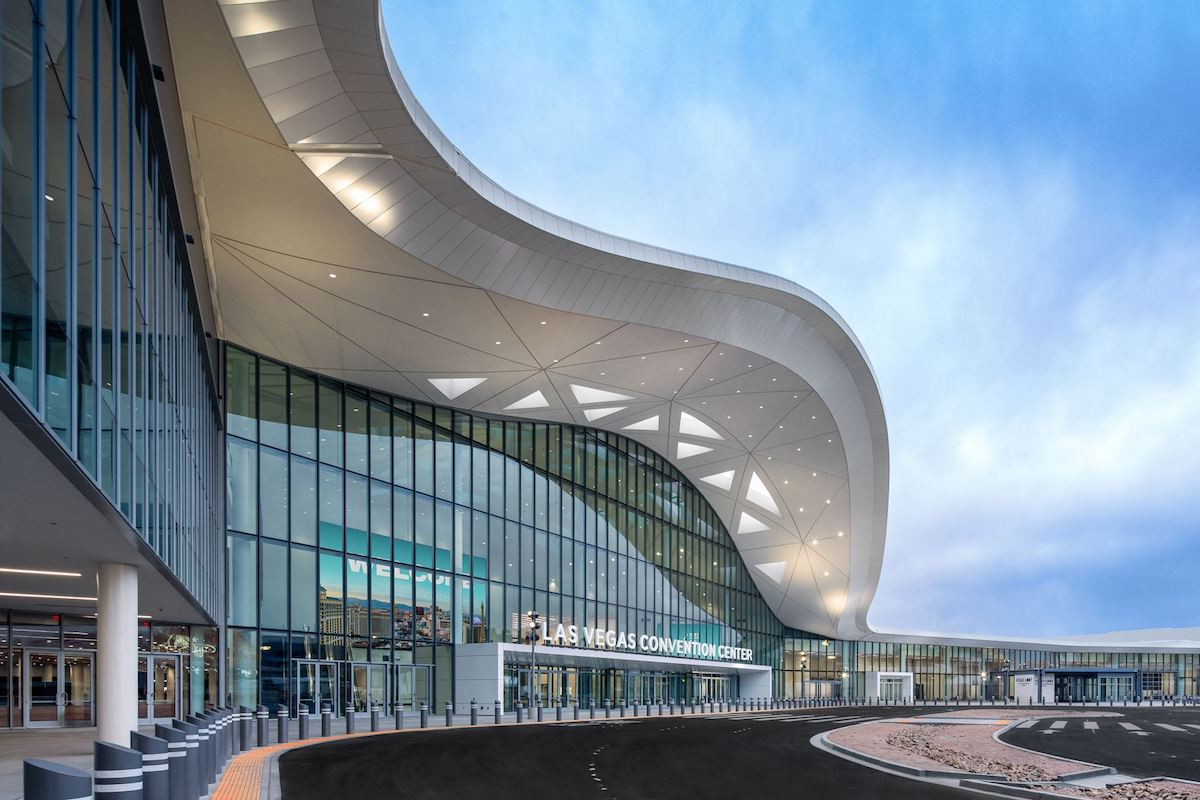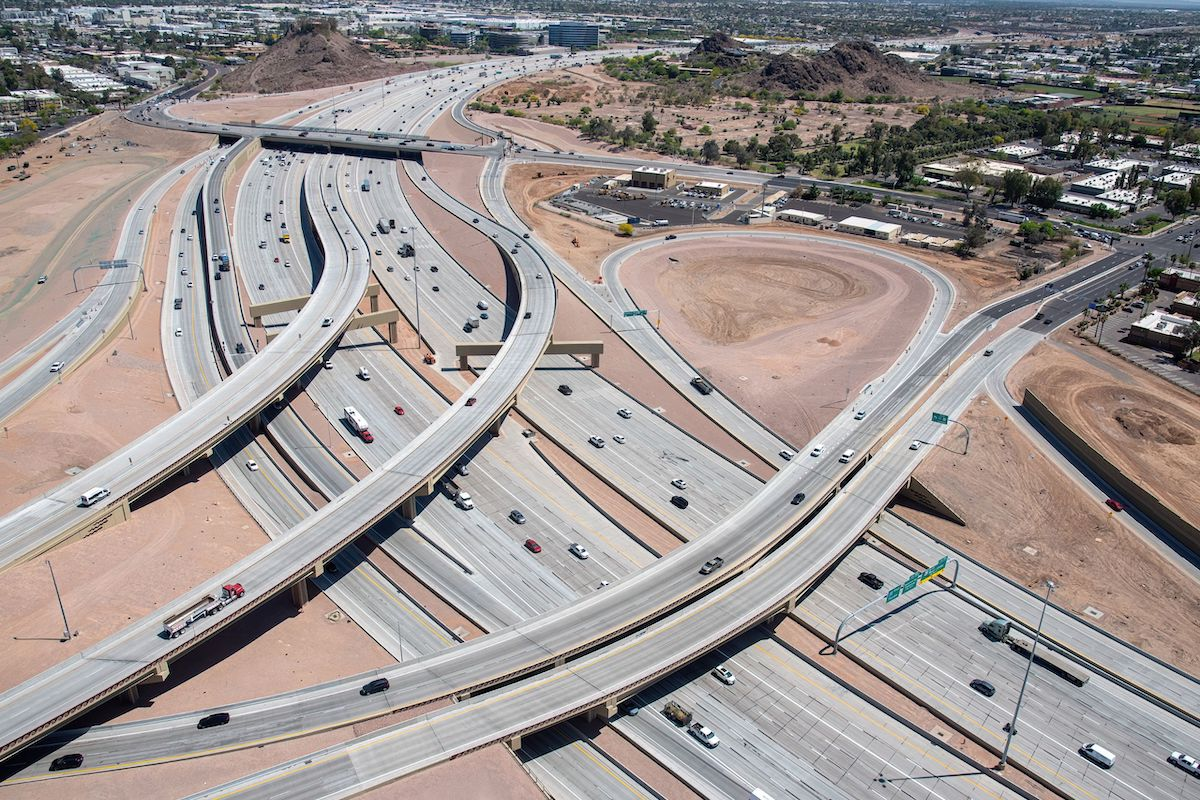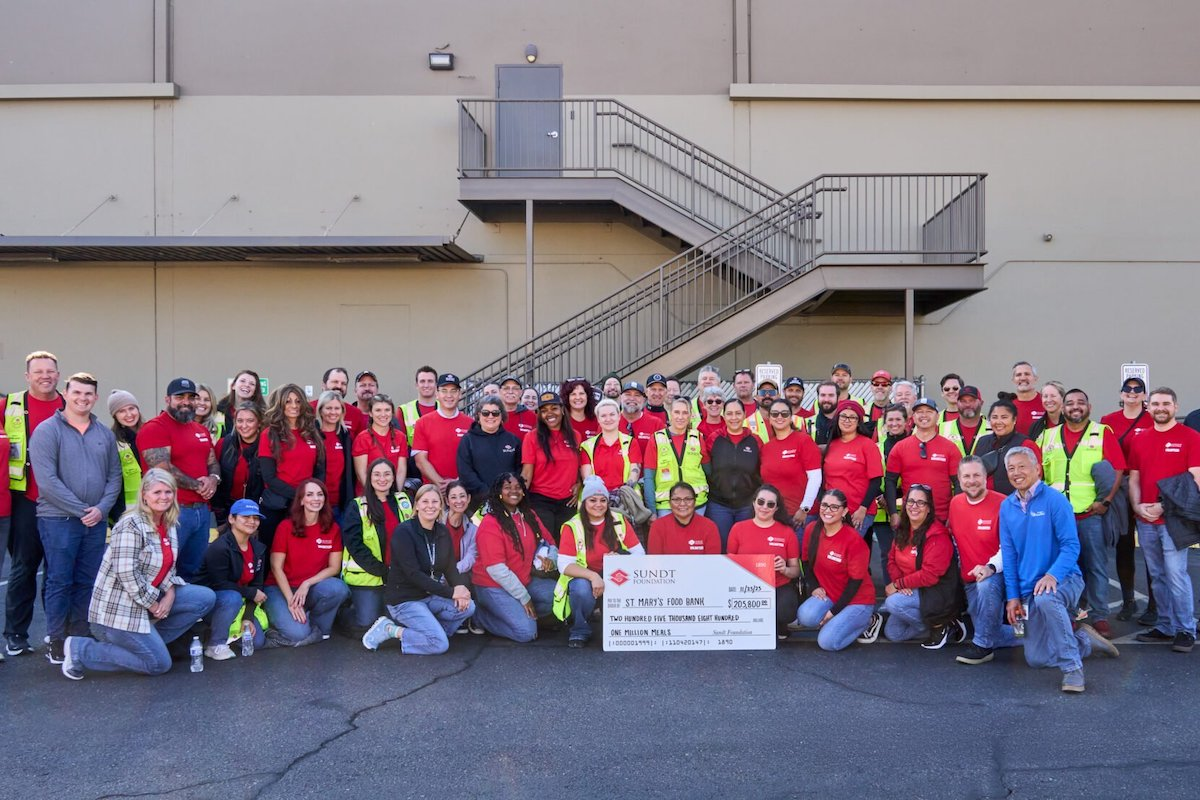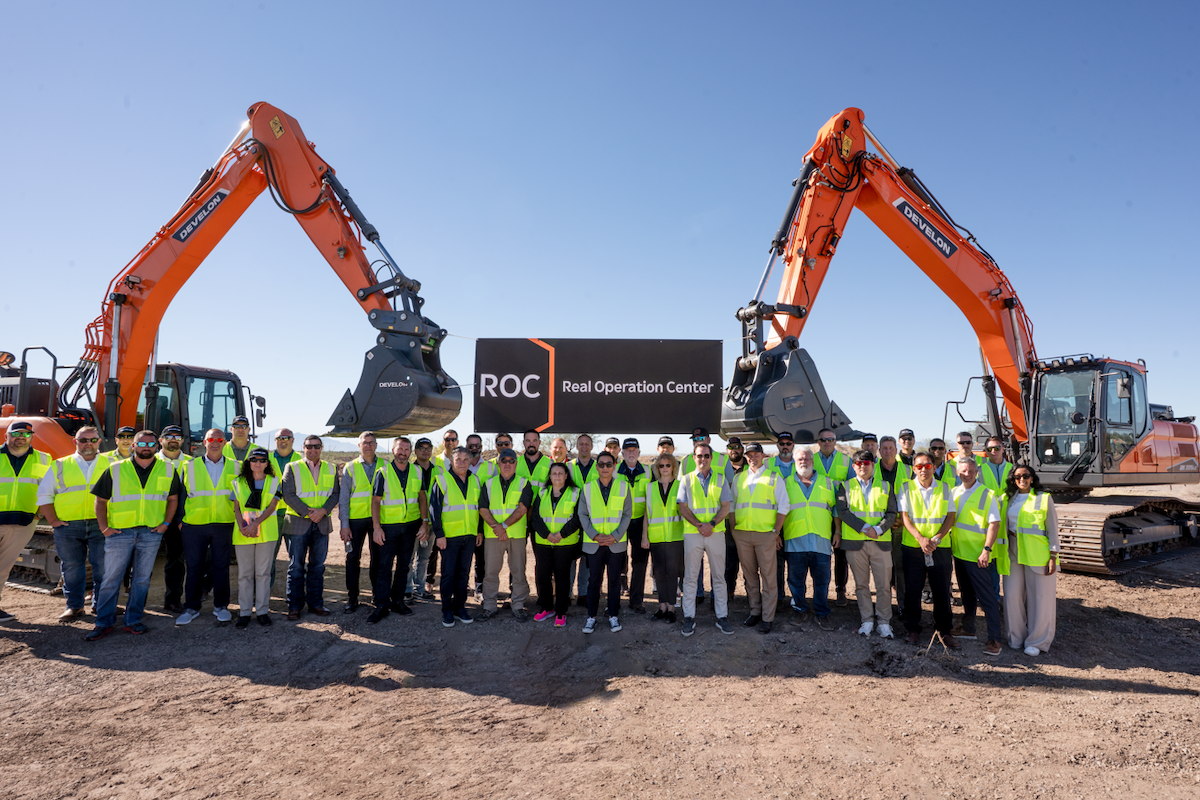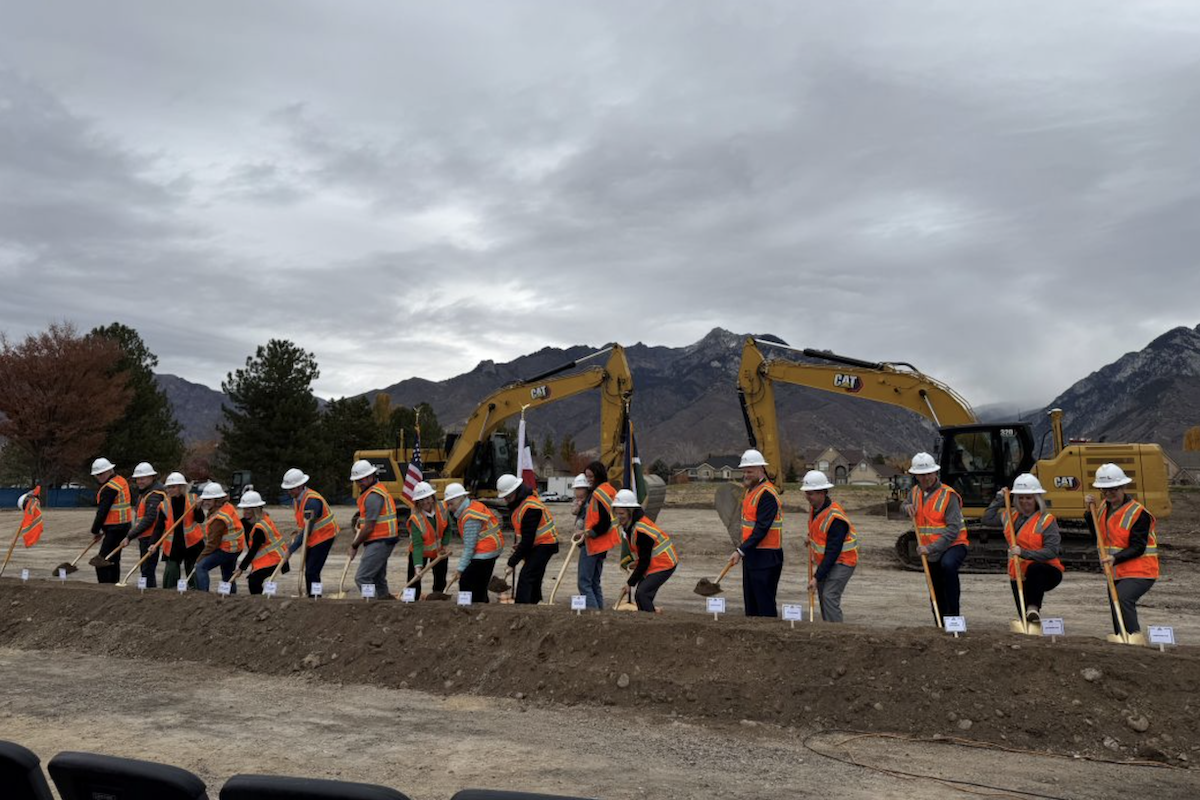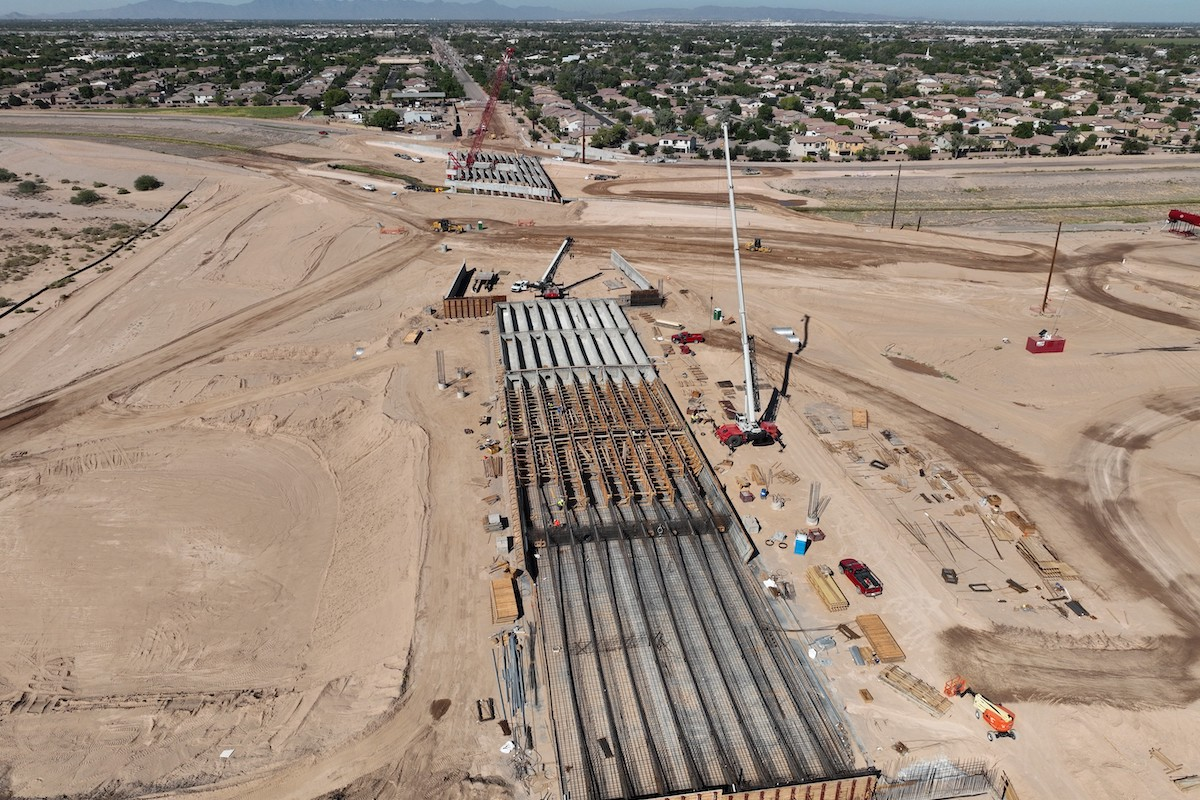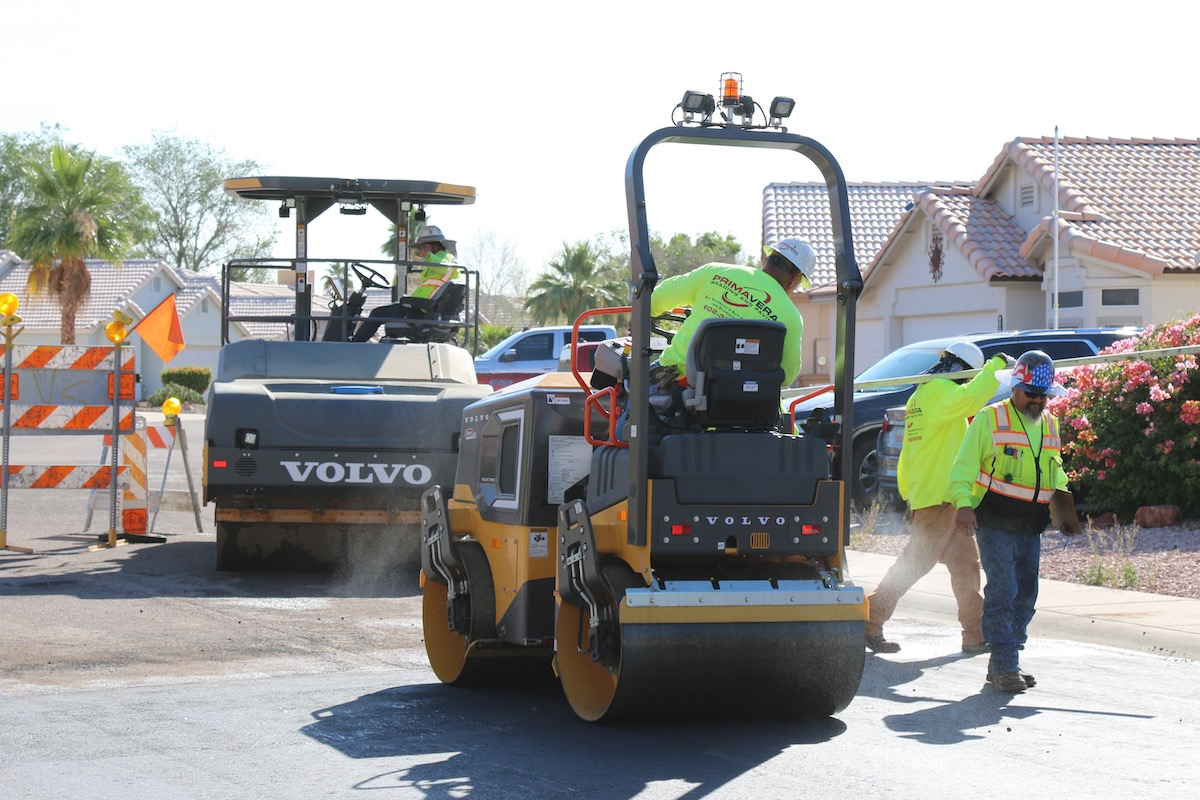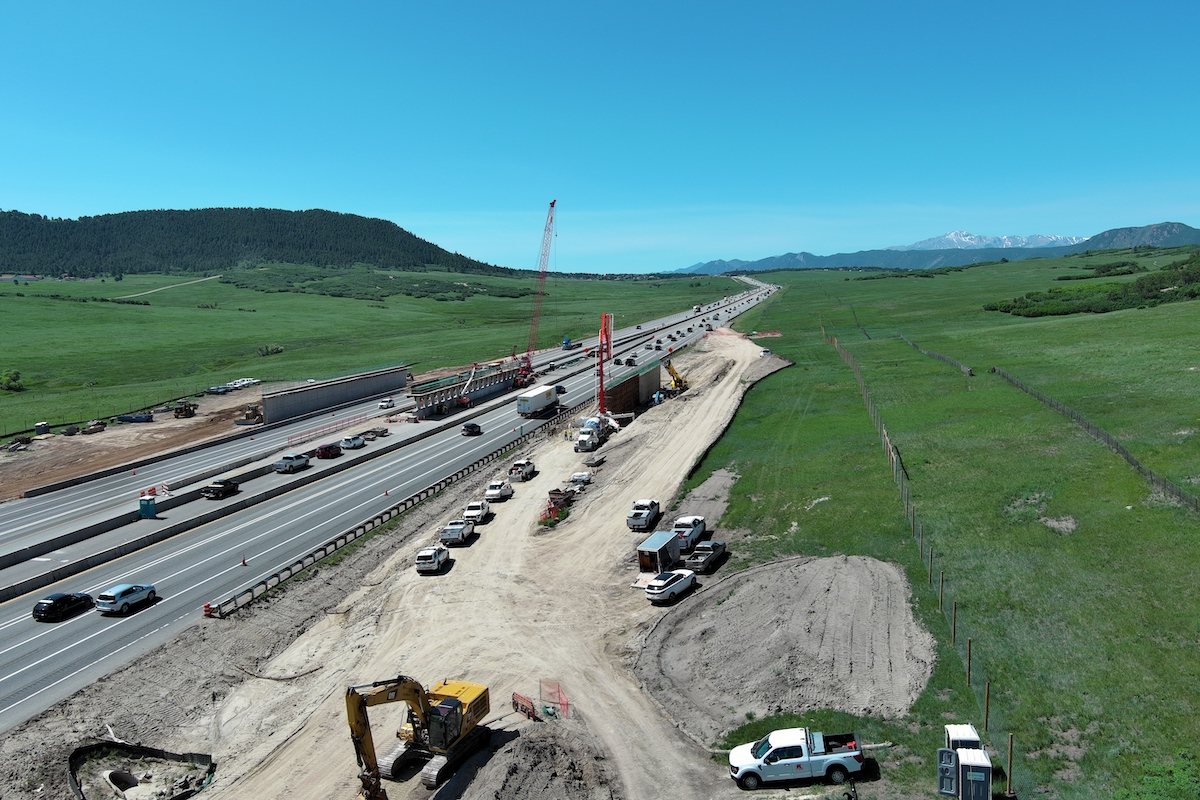Extensive feedback from nearly 400 industry stakeholders — including state DOTs, DBE firms, and associations like the American Road & Transportation Builders Association (ARTBA) and the Associated General Contractors of America (AGC) — significantly influenced the development of the new DBE regulations following the DOT’s July 2022 Notice of Proposed Rulemaking.
Effective May 9, 2024, the comprehensive revisions aim to foster inclusivity, reduce administrative burdens, and strengthen accountability. However, the path forward is not without potential legal challenges and lingering industry concerns.
Streamlined Interstate Reciprocity Certification
The simplification of DBE certification processes for interstate applicants is a major win for DBEs. A DBE will no longer have to provide additional Unified Certification Programs a copy of the entire application package it submitted to the original jurisdiction of certification. It must only request certification in writing, provide evidence of certification, and submit a declaration of eligibility.
Initial Certification
The new rule requires a firm to have operations in the type of business it seeks to perform before it applies for certification. This relieves certifiers from evaluating firms that have no ability to bid.

| Your local Bobcat dealer |
|---|
| Ditch Witch West |
| Faris Machinery |
| Ditch Witch West |
| Faris Machinery |
Average Annual Gross Receipts
Under the updated regulations, a DBE firm’s average annual gross receipts over the past five years, calculated on a cash basis, cannot exceed the program’s established cap. This cap is currently set at $30.40 million and will be adjusted annually to account for inflation.
Expanded Personal Net Worth Cap
Raising the personal net worth (PNW) cap to $2.047 million (excluding retirement assets) acknowledges the financial realities of small business owners and expands the pool of eligible firms, ensuring the program remains accessible to those it aims to support. DOT will regularly adjust the PNW cap in the future without rulemaking using Federal Reserve data.
Equitable Supplier Participation
The revised rule addresses long-standing concerns about fair crediting of DBE supplier contributions by clarifying the definitions and requirements for manufacturers, regular dealers, and distributors. This change ensures that all DBE suppliers are appropriately recognized and rewarded for their contributions to transportation projects. Under the revised rule:
- 100 percent of the cost of materials or supplies obtained from a DBE manufacturer may continue to be counted.
- 60 percent of the cost of materials or supplies purchased from a DBE regular dealer may continue to be counted; however, the firm must maintain inventory as well as own/lease and operate distribution equipment for the products it sells.
- 40 percent of the cost of materials or supplies purchased from a DBE distributor (a new category requiring a “valid distributorship agreement” for particular products) can be counted.
Prompt Payment and Retainage
The DOT’s strong encouragement for shorter payment time frames to lower-tier subcontractors aims to alleviate cash flow challenges and empower DBEs to thrive in the transportation industry.
Counting DBE Participation After Decertification
The revised rule addresses scenarios where a DBE firm loses its certification after a subcontract has been executed. While prime contractors can continue to receive credit for the work performed by the decertified firm, they must obtain prior written consent from the project owner before extending or adding to the subcontract. This change aims to prevent potential misuse of the program while acknowledging the administrative burden placed on prime contractors.
Enhanced Bidders List Reporting
State and local agencies receiving federal transportation funds will now have expanded reporting requirements, including detailed information on bidders’ race, gender, and NAICS codes. This enhanced reporting aims to improve transparency and enable the DOT to better monitor DBE participation and identify potential disparities.
Increased Monitoring and Enforcement
The DOT is bolstering its monitoring and enforcement efforts to ensure recipient compliance with DBE program requirements, including DBE participation goals and good faith efforts.
Open-Ended Performance Plans
The introduction of Open-Ended Performance Plans (OEPPs) for design-build projects offers greater flexibility in achieving DBE goals, recognizing the unique challenges of these complex projects. Prime contractors responding to a Request for Proposal on a design-build procurement are required to submit an open-ended DBE Performance Plan (DPP) with the proposal. DPPs are to detail the types of work the prime will solicit DBEs to perform and a projected time frame in which actual subcontracts will come to fruition.
DBE Directories
The final rule requires state and local agencies to include additional information on DBE firms (including NAICS codes), keep it up to date, and post the directory in an online, searchable format.
Monitoring on Non-DBE Goal Projects
Enhanced reporting requirements and increased monitoring are touted as improvements, but they raise concerns about added administrative burdens for both agencies and contractors. The requirement for monitoring even on non-DBE goal projects could inadvertently discourage prime contractors from engaging DBEs altogether.
NAICS Code Classifications
Concerns persist about the accuracy and relevance of some NAICS codes, particularly for specialized DBE firms, potentially limiting their participation. Some groups like AGC continue to advocate for classifying all DBE contractors under one specialty code (Code 237310 Highway, Street, and Bridge Construction) that would ensure they are capped at the same gross annual revenue of $30.72 million.
The DOT maintains that the DBE program is legally defensible. They argue that it meets the strict scrutiny standard for programs using racial classifications due to its narrow tailoring and is supported by evidence of ongoing discrimination. The DOT also notes that the program has been repeatedly authorized by Congress and differs significantly from other programs that use race-based classifications.
The path forward requires continued collaboration and vigilance from all stakeholders. Industry groups, DBE firms, and government agencies must work together to navigate the evolving legal landscape, monitor the program’s effectiveness, and advocate for further refinements as needed. Only through sustained effort and open dialogue can the DBE program truly fulfill its promise of empowering disadvantaged businesses and creating a more equitable transportation sector.
For more information on the final rule, visit transportation.gov/DBEFinalRule.




